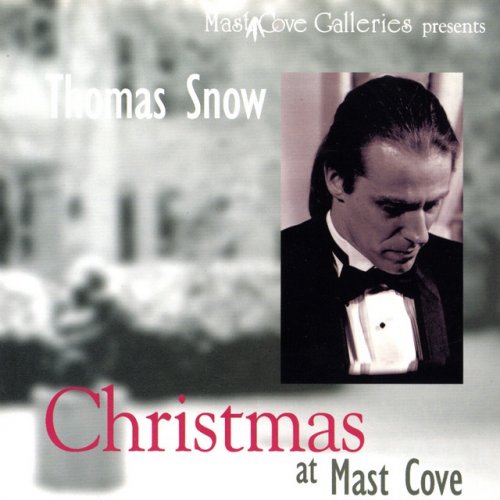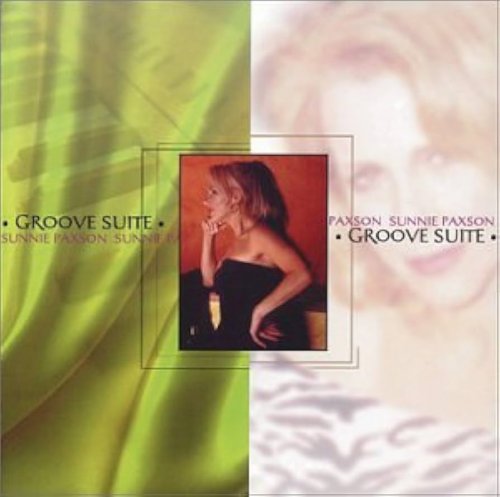Le Concert des Nations, Jordi Savall - Haydn: Septem Verba Christi in Cruce (Orchestral Version) (2007) [SACD]
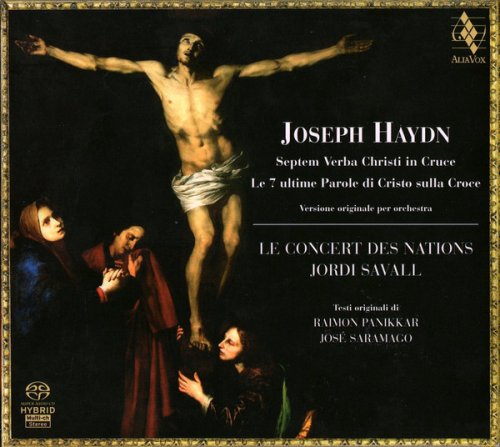
Artist: Le Concert des Nations, Jordi Savall
Title: Haydn: Septem Verba Christi in Cruce (Orchestral Version)
Year Of Release: 2007
Label: Alia Vox
Genre: Classical
Quality: DSD64 image (*.iso) / 2.0, 5.0 (2,8 MHz/1 Bit)
Total Time: 00:67:50
Total Size: 3.35 GB
WebSite: Album Preview
Tracklist:Title: Haydn: Septem Verba Christi in Cruce (Orchestral Version)
Year Of Release: 2007
Label: Alia Vox
Genre: Classical
Quality: DSD64 image (*.iso) / 2.0, 5.0 (2,8 MHz/1 Bit)
Total Time: 00:67:50
Total Size: 3.35 GB
WebSite: Album Preview
1. L’introduzione. Maestoso ed Adagio 6:34
2. Evangelium : Pater, dimitte illis : non enim sciunt quid faciunt 0:35
3. Sonata I. Largo 6:20
4. Evangelium : Hodie mecum eris in Paradiso 0:49
5. Sonata II. Grave e Cantabile 7:09
6. Evangelium : Mulier ecce filius tuus 0:33
7. Sonata III. Grave 9:16
8. Evangelium : Deus meus, Deus meus, ut quid dereliquistime? 0:31
9. Sonata IV. Largo 8:57
10. Evangelium : Sitio 0:13
11. Sonata V. Adagio 8:12
12. Evangelium : Consummatum est 0:28
13. Sonata VI. Lento 7:41
14. Evangelium : Pater, in manus tuas comendo spiritum meum 0:26
15. Sonata VII. Largo 7:53
16. Il Terremoto. Presto con tutta la forza 2:04
Jordi Savall is strongly devoted, perhaps more so than any other conductor, to Franz Josef Haydn’s Seven Last Words of Christ on the Cross in its orchestral version, the original incarnation of this masterwork — the familiar string quartet and less familiar solo keyboard and oratorio versions came later. Savall, as is his wont, responds strongly to any music with a historic connection to his native Spain; the commission for the Seven Last Words arrived from José Sáenz de Santmaría of the confraternity of the Hermandad, and it was first performed in Cádiz, the oldest continuously inhabited city in Western Europe.
AliaVox’s Joseph Haydn: Septem Verba Christi in Cruce is the second recording Savall has made of the Seven Last Words with le Concert des Nations; the first one was made in 1990 for Auvidis and recorded in a cathedral in Italy. This 2006 recording was made at l’Eglise Santa Cueva de Cádiz, the very venue in which the work was first heard in 1786. As with Savall’s earlier recording, an evangelist reads the words of Christ before each movement, in this case the reader is Francisco Rojas, who reads in Latin accented with marvelous, Spanish sounding rolled Rs. This is at most a minor distraction, but the giant, 155-page booklet is a little unwieldy, though copious with illustrations and containing essays on the Christ’s final words by Interfaith pioneer Raimon Panikkar and Nobel Prize-winning author José Saramago.
What typifies Savall’s approach to this particular Haydn work — and perhaps nowhere else in his extensive catalog do these attributes routinely apply — is tact and restraint. The exception, of course, is in the concluding “Earthquake” movement, which trembles with turbulence and violence just as Haydn intended it; the period kettledrums sound great here. AliaVox’s recording is both spacious and generous. Given the tremendous care with which Savall has prepared this performance, the absolute authenticity of its environs and the sheer dedication that drives this package, it is hard to imagine a more deluxe and appropriate delivery mechanism for Haydn’s most innovative orchestral masterwork than this AliaVox recording. The jury is probably still out on what might be the best string quartet version of the Seven Last Words, of which there are many fine recordings available. As far as the orchestral piece is concerned, AliaVox’s Joseph Haydn: Septem Verba Christi in Cruce decidedly takes the brass ring, surpassing even Savall’s own earlier recording of the work.
AliaVox’s Joseph Haydn: Septem Verba Christi in Cruce is the second recording Savall has made of the Seven Last Words with le Concert des Nations; the first one was made in 1990 for Auvidis and recorded in a cathedral in Italy. This 2006 recording was made at l’Eglise Santa Cueva de Cádiz, the very venue in which the work was first heard in 1786. As with Savall’s earlier recording, an evangelist reads the words of Christ before each movement, in this case the reader is Francisco Rojas, who reads in Latin accented with marvelous, Spanish sounding rolled Rs. This is at most a minor distraction, but the giant, 155-page booklet is a little unwieldy, though copious with illustrations and containing essays on the Christ’s final words by Interfaith pioneer Raimon Panikkar and Nobel Prize-winning author José Saramago.
What typifies Savall’s approach to this particular Haydn work — and perhaps nowhere else in his extensive catalog do these attributes routinely apply — is tact and restraint. The exception, of course, is in the concluding “Earthquake” movement, which trembles with turbulence and violence just as Haydn intended it; the period kettledrums sound great here. AliaVox’s recording is both spacious and generous. Given the tremendous care with which Savall has prepared this performance, the absolute authenticity of its environs and the sheer dedication that drives this package, it is hard to imagine a more deluxe and appropriate delivery mechanism for Haydn’s most innovative orchestral masterwork than this AliaVox recording. The jury is probably still out on what might be the best string quartet version of the Seven Last Words, of which there are many fine recordings available. As far as the orchestral piece is concerned, AliaVox’s Joseph Haydn: Septem Verba Christi in Cruce decidedly takes the brass ring, surpassing even Savall’s own earlier recording of the work.
![Le Concert des Nations, Jordi Savall - Haydn: Septem Verba Christi in Cruce (Orchestral Version) (2007) [SACD]](https://www.dibpic.com/uploads/posts/2020-09/1600070929_r-10411864-1524350243-2512_jpeg.jpg)
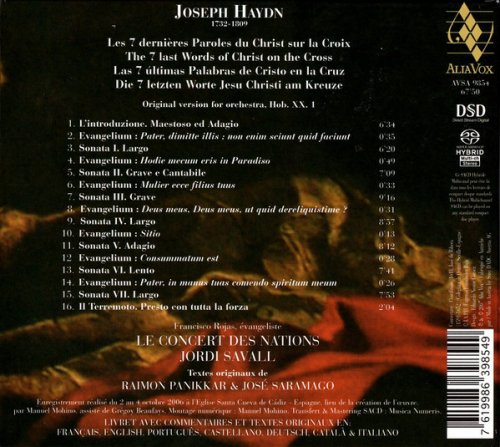
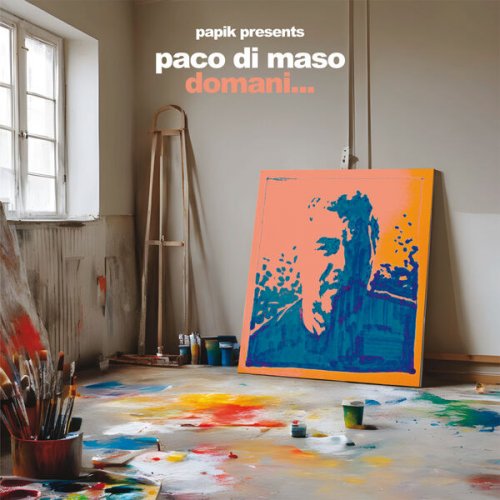
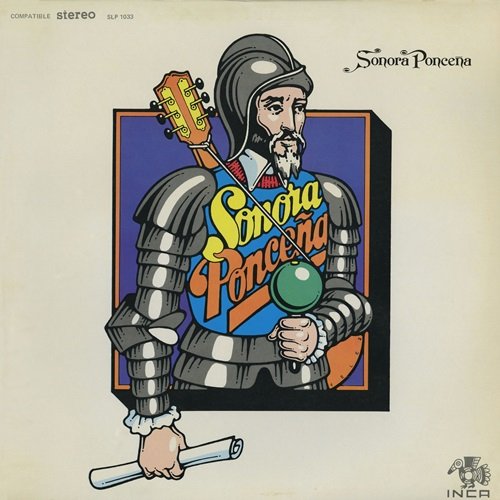
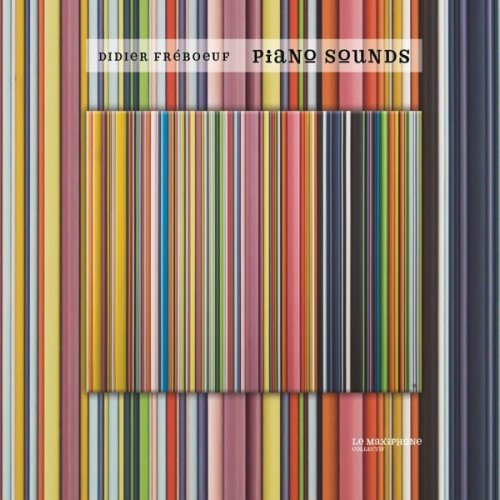
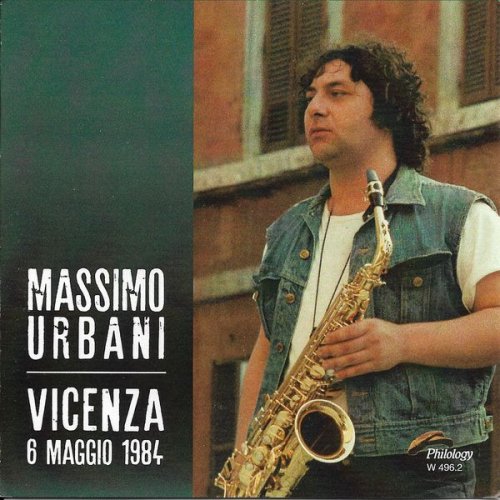
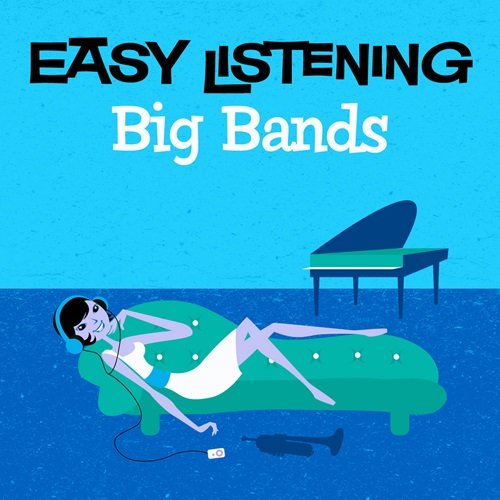
![Miles Okazaki - Trickster (2017) [Hi-Res] Miles Okazaki - Trickster (2017) [Hi-Res]](https://img.israbox.com/img/2026-01/11/seopgw42pdawuj6mnzlt31nd0.jpg)
![Trøndelag Big Band - A Big Band Narrative (2026) [Hi-Res] Trøndelag Big Band - A Big Band Narrative (2026) [Hi-Res]](https://www.dibpic.com/uploads/posts/2026-01/1767966351_dxbyhtouifgdb_600.jpg)
